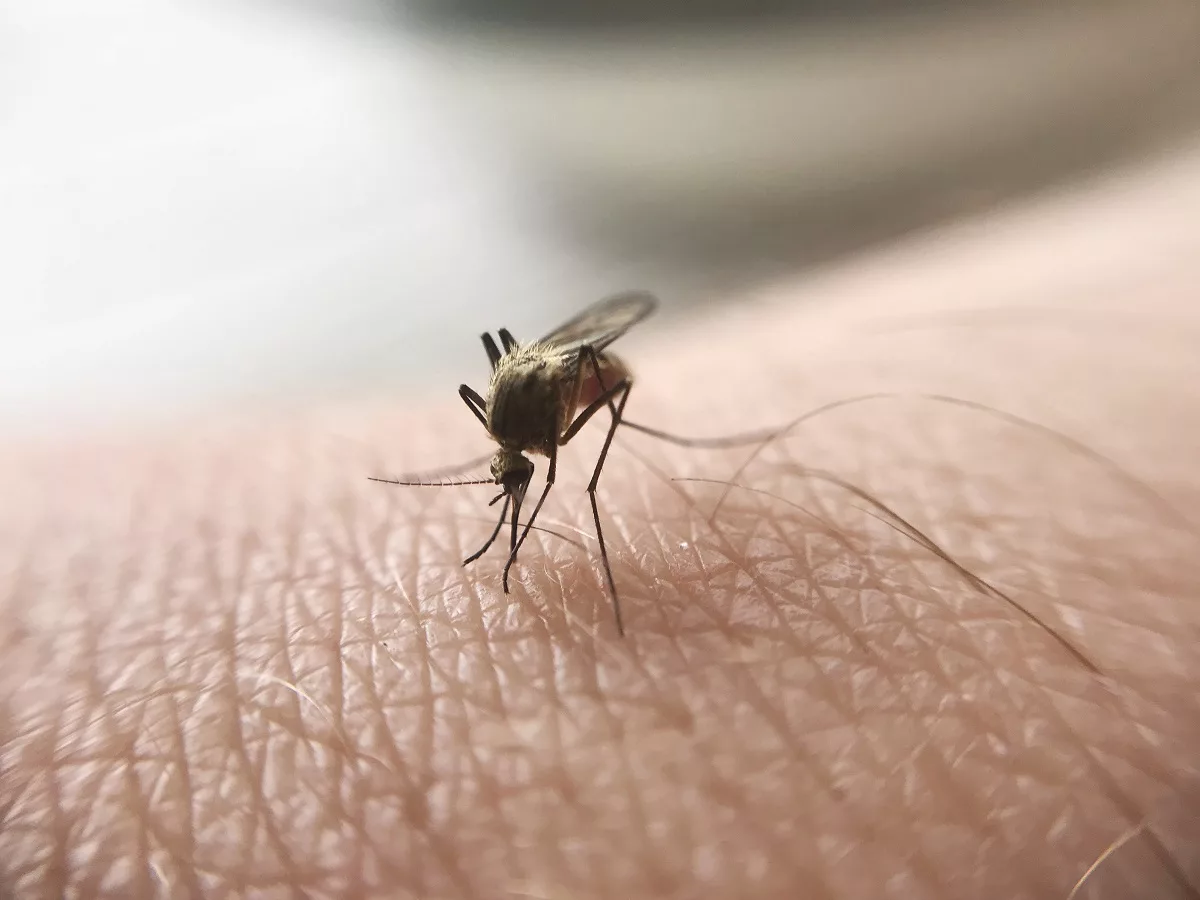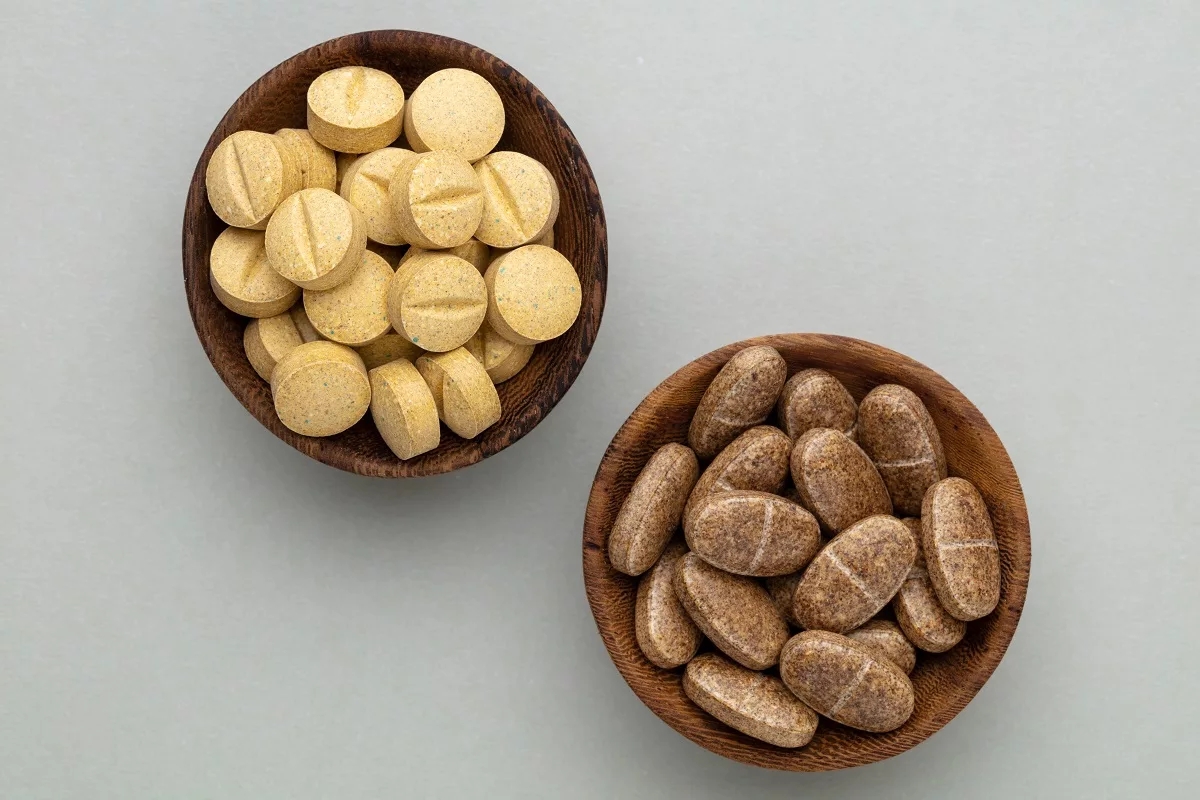People who have large areas of swelling within 8-10 hours after a mosquito bite may develop skeeter syndrome. While swelling is often the primary symptom of this disorder, you may also experience itching, fever, and blisters (sometimes). Furthermore, some people may develop swelling large enough to cause movement problems. It often occurs when you are allergic to certain substances in the mosquito’s saliva.
How Does Skeeter Syndrome Affect My Body?
Those who develop this syndrome often experience fever and large local allergic reactions. Sometimes, cellulitis can be mistaken for this disorder, especially when it occurs in young children. Usually, doctors prescribe antibiotics, but they cannot treat this syndrome. However, antibiotics may help with cellulitis. This is an infection that occurs days after a bite, when scratching results in infection.
Symptoms
Check below some symptoms that people with skeeter syndrome may experience:
- Large areas of swelling
- Skin warmth
- Skin color and texture changes (including reddening or darkening of the skin)
- Itching
- Pain
- Fever
- Blisters
Do not hesitate to visit a doctor if you experience any of the previous symptoms.
Causes
This syndrome occurs due to an allergic reaction to proteins in mosquito saliva. However, mosquitoes have a long mouthpart (called a proboscis) that is used to bite you. When a mosquito bites you, it pierces the skin, sucks the blood, and then secretes saliva that enters the bloodstream. If you are allergic to the polypeptides in the mosquito’s saliva, you may develop skeeter syndrome. Commonly, the symptoms of this disorder begin to appear within 8-10 hours after a mosquito bites you. However, they disappear within 3 to 10 days.
In addition, this is not a contagious condition. It means the disorder cannot spread to other people.
Risk Factors
While anyone may develop this condition, it mostly affects children. However, older adults (over 60 years old) and people with weakened immune systems are also at increased risk of skeeter syndrome. Moreover, very young babies who are not able to develop immunity are more prone to develop skeeter syndrome.
In some cases, you may develop this syndrome despite having had typical reactions all your life. It may occur due to a weakened immune system. Usually, the immune system becomes weakened due to cancer treatments (chemotherapy, radiation therapy, and others), HIV/AIDS, chronic health conditions, certain medications (such as immunosuppressants), and others.
What Are The Potential Complications of Skeeter Syndrome?
If you ignore the symptoms and do not get treatment, you may experience some complications, especially if you develop a severe form of the disease. Check below some examples:
- Cellulitis
- Blisters
- Anaphylaxis (this is a severe allergic reaction that may cause chest pain, difficulty breathing, and hives)
- Other infections
- Systemic complications (including malaise, enlarged lymph nodes, liver dysfunction, and others)
- Pregnancy complications (such as hypotension)
This document does not contain a complete list of skeeter syndrome complications. In any case, you can consult with your doctor about ways to reduce the risk of previous complications.
How to Prevent Skeeter Syndrome?
There are some tips that may help prevent this condition. Check below some examples:
- Eliminate standing water
- Do not spend time in areas infested with mosquitoes
- Use a bug spray registered with the Environmental Protection Agency (usually one that contains DEET)
- Wear long pants and long sleeves, especially when outdoors
- Use screens to cover doors and windows
- Stay indoors, especially the mosquitoes are very active (dusk and dawn)
- Use mosquito repellents to treat your clothing
- Cover your sleeping areas with protective nets
Furthermore, you should carry an Epinephrine shot if you are at increased risk of developing a severe allergic reaction.
Diagnosis
First, doctors will evaluate your medical history and may perform a physical examination to check for abnormalities linked to the disease. They may also ask some questions. For example:
- If you were bitten by mosquitoes or had previous reactions to their bites
- Recent places where you traveled (including different countries), because it may help get more clues about the disease
- About the timeline between when you were bitten and when symptoms began
- If you experience severe symptoms (such as shortness of breath)
Treatment
Commonly, physicians prescribe different treatments because it depends on several factors. These include the severity of the condition, existing health problems, age, and preferences. Check below some treatments for people who develop a mild form of skeeter syndrome:
- Oral antihistamine medicines
- Hydrocortisone creams or ointments
- Over-the-counter (OTC) pain relievers/fever reducers (including Ibuprofen, Acetaminophen, Naproxen sodium, and others)
In severe cases, healthcare professionals may prescribe systemic Corticosteroids (to reduce inflammation) or steroid injections or tablets.
Usually, people feel better within 10 days after starting the treatment.
Frequently Asked Questions
How long does skeeter syndrome last?
Usually, people feel better within 5-10 days after starting the treatment. Contact your doctor if you do not notice improvements after finishing the treatment.
What is the difference between skeeter syndrome and cellulitis?
While both conditions cause very similar symptoms, the only difference between them is the duration of symptoms. If you develop skeeter syndrome, symptoms may appear within a few hours after a mosquito bite, but cellulitis has a more protracted time course.
Do I need antibiotics for skeeter syndrome?
No, antibiotics cannot treat this syndrome. These medicines are often recommended for people with cellulitis. Ask your healthcare provider if you have additional questions.




